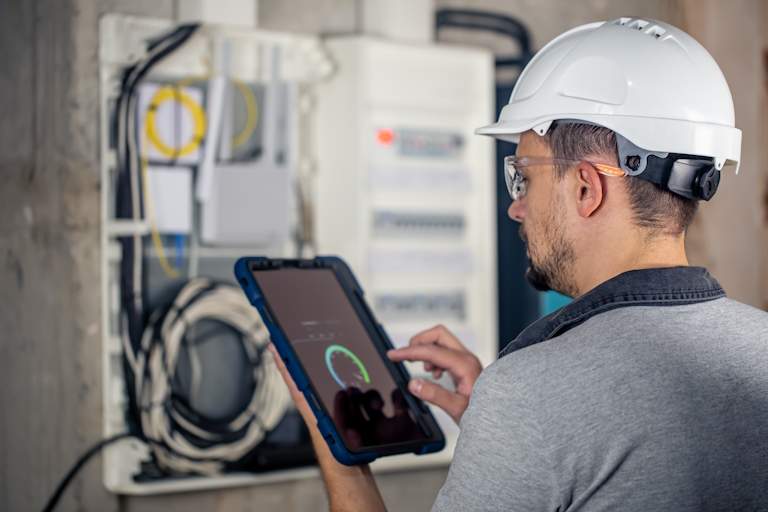Decisions on asset replacement must include demonstrating value to hotel owners. Crafting a compelling business case is the key to securing owner approval for necessary asset replacements.
Here’s a practical guide to building a business case that ensures a smooth path to approval.

Start with Clear Objectives
Begin by outlining the clear objectives behind the proposed asset replacement. Clearly define how it aligns with the overall hotel strategy, improves guest experiences, and contributes to the long-term financial health. Practicality is key; avoid unnecessary jargon and focus on tangible benefits.
Present Data-Backed Insights
Numbers speak louder than words. Utilize data from your maintenance software and financial records to provide concrete insights into the current state of the assets. Highlight maintenance costs, downtime, and potential risks associated with delaying replacements. This data-driven approach adds weight to your case and demonstrates the urgency of the proposed replacements.
Tie Replacements to Guest Satisfaction
Owners are invested in positive guest experiences, and rightly so. Showcase how the proposed asset replacements directly impact guest satisfaction. Whether it’s upgrading amenities or ensuring seamless service, connecting the replacements to guest happiness is a persuasive angle that owners will appreciate.
Financial Forecasting with a Focus on ROI
Speak the language of finance without unnecessary complexity. Develop a clear financial forecast that outlines the costs of replacements against the expected return on investment. Highlight how the new assets contribute to cost savings, efficiency improvements, and, ultimately, increased profitability.
Owners want to know that their investment will yield both short-term and long-term benefits. Clearly outline the immediate improvements that the replacements will bring, such as reduced maintenance costs or enhanced operational efficiency. Simultaneously, emphasize the long-term advantages, such as increased asset lifespan and sustained guest satisfaction.
Compare Options
If there are multiple replacement options, present a practical comparison. Discuss not only the features and benefits but also the implications, such as ease of maintenance, vendor reliability, and compatibility with existing systems. A practical comparison helps owners make informed decisions that go beyond surface-level considerations.
Showcase Industry Trends and Compliance Standards
Demonstrate that the proposed replacements align with current industry trends and standards. This assures owners that their hotel remains competitive and compliant with evolving expectations. Highlight how these trends directly impact the guest experience and operational efficiency.
Anticipate Questions and Concerns
Owners may have questions and concerns. Anticipate these and address them proactively in your business case. Whether it’s about the timeline, budget, or potential challenges, a practical and transparent approach builds trust and confidence.
Conclude with a Call to Action
Wrap up your business case with a call to action. Clearly outline the next steps, whether it’s a meeting to discuss further, a site visit to inspect the assets, or any additional information required. Keep it focused and actionable.
Conclusion: Building a Solid Case for Asset Replacement
Crafting a business case for asset replacement isn’t about the flashy latest and greatest – it’s about demonstrating the practical impact on the bottom line and guest satisfaction. By combining clear objectives, data-backed insights, and a focus on benefits, you’ll create a compelling case that resonates with hotel owners.
Stay focused, and let your case speak volumes about the value and foresight embedded in your strategic decisions.
About Q2
For over 25 years Q2 have helped hotels implement effective hotel operations solutions leading to improved guest satisfaction including engineering, planned maintenance, asset management, guest services, housekeeping. Sidekick and ESCAP cloud software platforms ensure that these plans are well designed and well executed, so that hotels can deliver memorable experiences to their guests.

